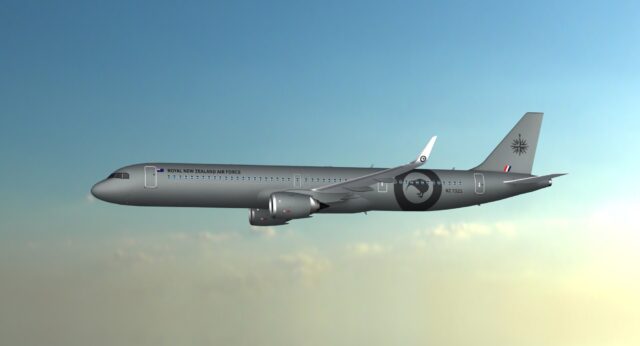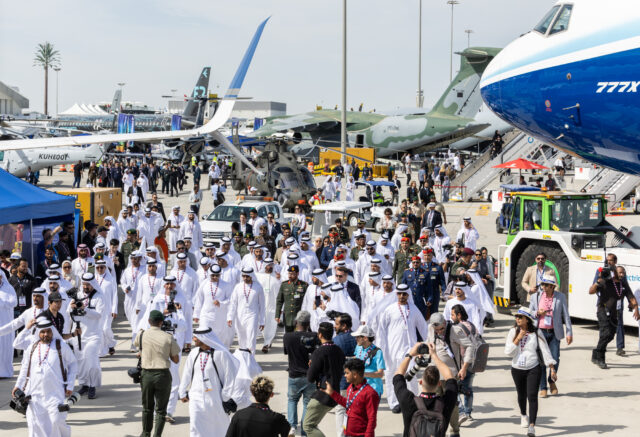French turbulence: France accounts for 1/3rd of air traffic control delays in Europe

July 24, 2025

Data from Eurocontrol shows that French air traffic control (ATC) delays are the worst in Europe. In the past week, French ATC delays accounted for almost a third of all delays across the continent.
While France topped the charts for the week 14-20 July, accounting for 31% of all delays in the network, Germany and Spain followed, contributing 18 % and 7% respectively.

Eurocontrol noted that delays averaged 4.4 minutes per flight across Europe in Week 29, but that the situation in France was made worse by adverse weather and staffing issues.
French ATC are not on strike at present, but the ripples of industrial action are still being felt.
Why French ATC delays are so disruptive
France sits at a crucial geographical point, connecting multiple European flight routes. Eurocontrol notes that 30% of European flights take off, land in, or fly over France each day.
The shortage of ATC staff in France, which has been triggered by industrial action, impacts extensive sections of airspace, making them temporarily unavailable to air traffic. Subsequently, flights are re-routed or cancelled, creating an escalating chain of disrpution throughout European airspace, notably in Spain, the UK and Italy.
Eurocontrol’s figures show that strikes held by French ATC staff on 3 and 4 July affected more than a million passengers. Approximately 200,000 passengers were unable to fly as they had intended as a result of cancellations.
Almost 40% of flights departing France were delayed as a direct result of the strikes, while 52% of scheduled flights were cancelled.

In terms of the number of delayed flights, Ryanair was the airline group most affected by the French strikes at the beginning of July, with a daily average of 718 flights with an AFTM delay attributed to industrial action.
Eurocontrol puts the cost to airlines of the French ATC strikes at approximately €47 million ($55 million) in delay costs, and an estimated €73 million ($86 million) in cancellation costs – a total cost of around €120 million ($141 million) for the two strike days.
The costs aren’t just financial either. Eurocontrol noted that the longer flight paths and approach holds over the two days meant an additional 18,000 tonnes of fuel were burned. This generated some 60,000-plus excess tonnes of CO2 emissions.
In all, European airspace suffered 354,000 minutes of delays as a direct result of the strike action, pushing arrival punctuality down from 75% to 64%.
The impact of the strikes was also felt by airports. Those most affected by these French strikes were Palma de Mallorca with a daily average of 196 departure flights with an ATFM delay attributed to industrial action, followed by Barcelona (162), Paris Charles de Gaulle (155) and Madrid Barajas (144).
Meanwhile, Marseille experienced the highest share of flights delayed by the strikes with 81%, followed by Lyon (67%), Palma de Mallorca (43%), Alicante (42%), Paris Orly (40%) and Malaga (38%). The average delay for Europe’s ten most affected airports due to strikes was 36 minutes.
European air traffic up on 2024 figures
The European air traffic management (ATM) regulator said that traffic across Europe averaged 35,532 flights daily, which was slightly below the previous week, and +4% on 2024 figures.
Peak traffic of 2025 to date was recorded on Friday, 18 July, with 37,034 flights, just 194 flights shy of the all-time traffic record of 37,228 flights on 28 June 2019.

Air traffic flow management (AFTM) delays increased 12% from the previous week but saw a 46% decrease compared to 2024. AFTM delays averaged 4.4 minutes per flight, with more than 50% of those delays attributed to adverse weather conditions.
Network operations show some improvement with 3.9% year-to-date traffic growth and notable reductions in delays across multiple area control centres (ACCs) in Southeast Europe and beyond.
In Budapest, delays were 90% lower than in 2024 for a traffic growth of 10%, while in Vienna, delays were 30% lower than in 2024 for a traffic growth of 12.6%.
















